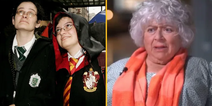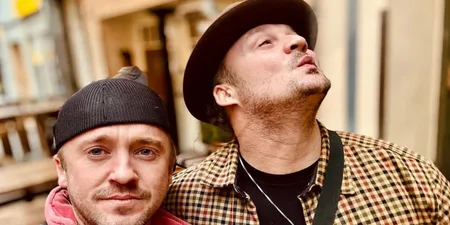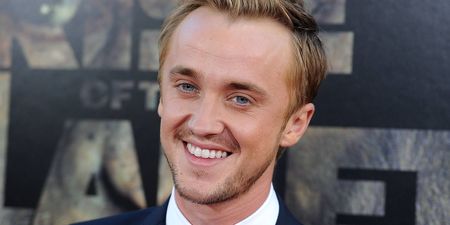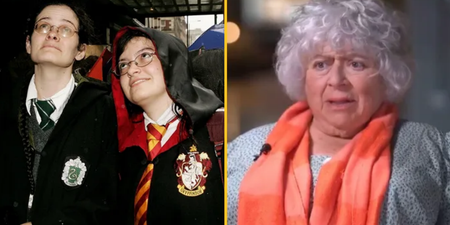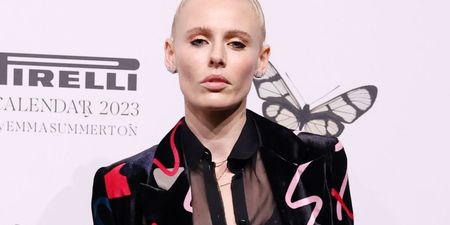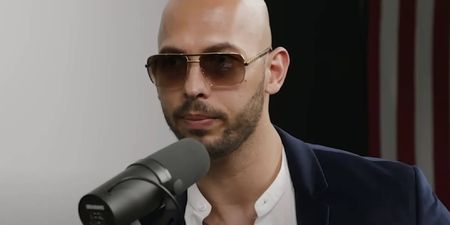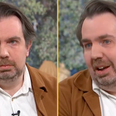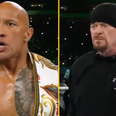On 19 October 2007, JK Rowling shook the world when she revealed that Albus Dumbledore was gay.
Yes, Dumbledore! The kindly, complicated Hogwarts headmaster who had set Harry Potter on his path to saving the world in a showdown with the Dark Lord Voldemort. The most powerful wizard to ever exist. Now, an LGBT icon.
The author won plaudits when she first revealed that of course Dumbledore had been gay the whole time. As could be expected, Rowling lapped it up and acted as though the entire seven novels had been positively dripping with the sexual subtext of Dumbledore’s romances.
But they hadn’t. Of course they hadn’t. That’s why everybody was surprised.
In the business, this kind of thing is known as “retcon”, which is short for retroactive continuity. It’s the kind of thing authors do when they feel like they need to clear up a mistake, or a plot-hole, or in Rowling’s case, the absence of any main characters who are not straight and white.
Since that moment 12 years ago, Rowling has found herself unable to stop.
Rowling has since claimed that Remus Lupin’s werewolf-ism was a metaphor for HIV, that “of course” there were LGBT students in Hogwarts (she just didn’t mention them in the books), that there were students of every religion at Hogwarts (same deal). She has said that racism just flat out didn’t exist in the wizarding world. She called those who campaigned for Scottish independence “Death Eaters”.
.@ridd1kulus No, there was mutual respect and a sense of kinship between all wizards, no matter what their race.
— J.K. Rowling (@jk_rowling) March 8, 2016
I cannot think of any other creator who has ever done anything like this. I have never heard about how Buzz Lightyear would vote in a presidential election, or what Kermit the Frog thinks about abortion. I do not remember learning about Bilbo Baggins’ feelings about the partition of Ireland when my mother read The Hobbit to me.
Harry Potter is the seven books you have on your shelf at home. It is not some ongoing narrative still playing out in JK Rowling’s head that she can change whenever she wants.
There are those of a conservative bent who would like Rowling to stop bending to a progressive agenda (you know, being accepting of anyone different than you). But there are also those who believe Rowling never does it when it counts.
“Sure, she’ll tell the world that Dumbledore was gay, but she’ll wait until all the books have been bought.”
Now, perhaps most bonkers of all, Rowling has revealed that, actually, dark wizard Gellert Grindelwald and Dumbledore had an “intense, sexual relationship“. You know. The kind you go seven books and 10 movies without alluding to. Ever.
Handily, she managed to avoid bringing this up when Crimes of Grindelwald director David Yates made it clear that there would be no homosexuality in the film. She chooses her moments a lot more profitably than that.
It’s that kind of thing that makes all of Rowling’s retconning seem lazy, disingenuous and about as meaningful as a Theresa May meaningful vote. Not to mention the fact that it is exclusively communicated through tweets and interviews, and that she has never made any of these details clear in anything she wants people to pay money for.
After all, how is a gay person supposed to feel represented in a world where the most powerful wizard in history has been written into a closet?
So when those behind The Cursed Child play cast a black actor as Hermione Granger, they were certainly a lot braver than Rowling had ever been. When the backlash ensued, Rowling claimed she never specified that Hermione was white — essentially trying to climb aboard the progressive bandwagon.
Except she did specify that Hermione was white, in the Prisoner of Azkaban and the Half-Blood Prince. You can count the black Harry Potter characters with more than 10 lines of dialogue on both your hands. Of the 200 characters mentioned most in the series, about five or six of them are black. Kingsley Shacklebolt. Lee Jordan. Dean Thomas. That’s about it.
As the world moves forward, Rowling is desperate to present the image that her books are not tainted by a lack of representation. That they really did include black people, and gay people, and Muslims, and Jews, and the disabled. Just… not out loud. You have to want to see it.
https://twitter.com/TheAliciaKraft/status/1107377112623792137
It is evident that Rowling cannot let go of The Boy Who Lived.
The signs were there from early. There is almost unified agreement among fans of the books that the worst few pages come at the very end, when we are introduced to the children of Harry and the gang, in an epilogue that seems to confirm that nothing exciting happened to them over the next 19 years. I mean Harry married Ginny, so how exciting can that really have been?
But JK couldn’t resist then and she can’t resist now. She needs to keep adding poorly thought-out, half-formed details after the fact. Like a 15th century pope telling us that Jesus was actually big into nepotism the whole time.
Rowling is therefore on the cusp of undermining her creation beyond repair.
The threshold for having fucked up your beloved creation is George Lucas’ handling of the Star Wars prequels. It is beyond dispute that you’ve wrecked the buzz when Disney has to pay billions to make a whole new trilogy largely to undo the damage you did with your second trilogy. JK Rowling has not yet reached her Jar Jar Binks moment. But she needs to stop before its too late.
The only solution is for Rowling to take her fingers out of her ears and listen. Understand that people do not feel supported when their identity is an afterthought. That the market for further Harry Potter content is not for lazy musings but for an expanded world of characters and creations that can utilise her magical imagination to include whatever she wants — on paper, this time around.
If a black girl imagines that Hermione looks just like her, then that is a wonderful thing — and a testament to her own imagination, not JK Rowling’s.
LISTEN: You Must Be Jokin’ with Aideen McQueen – Faith healers, Coolock craic and Gigging as Gaeilge



